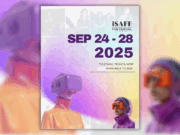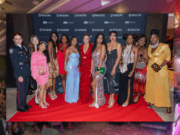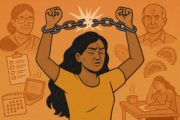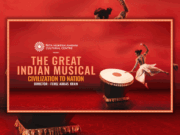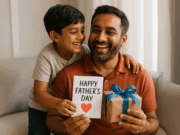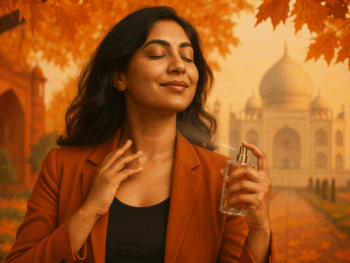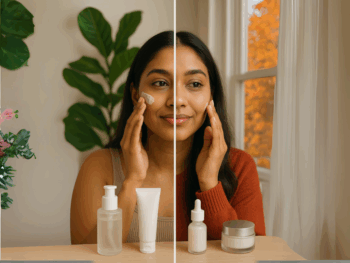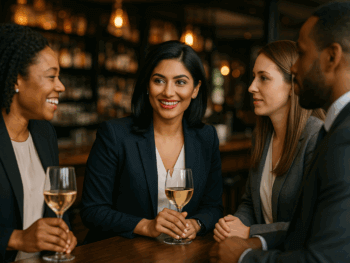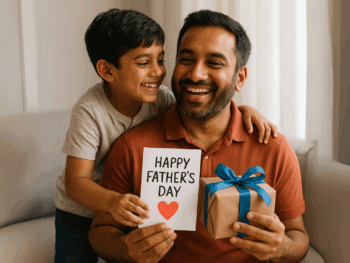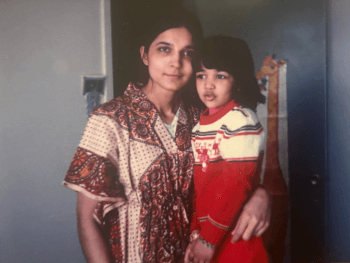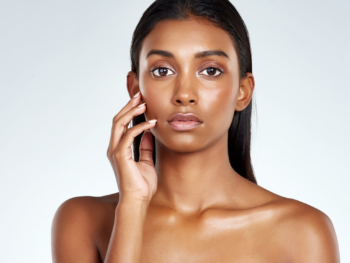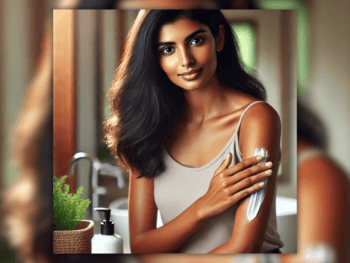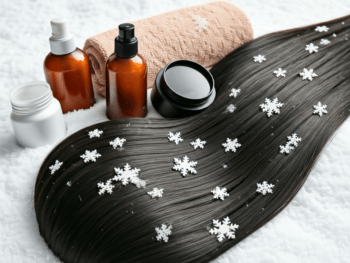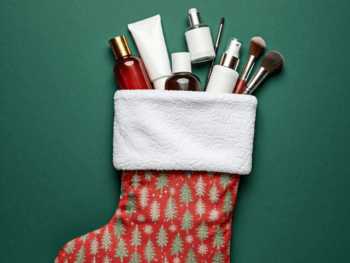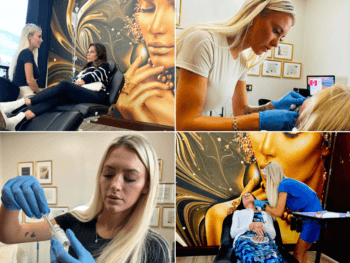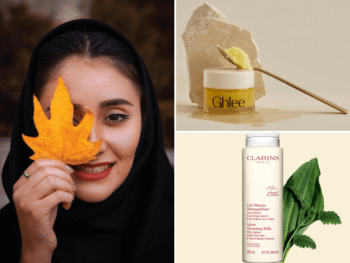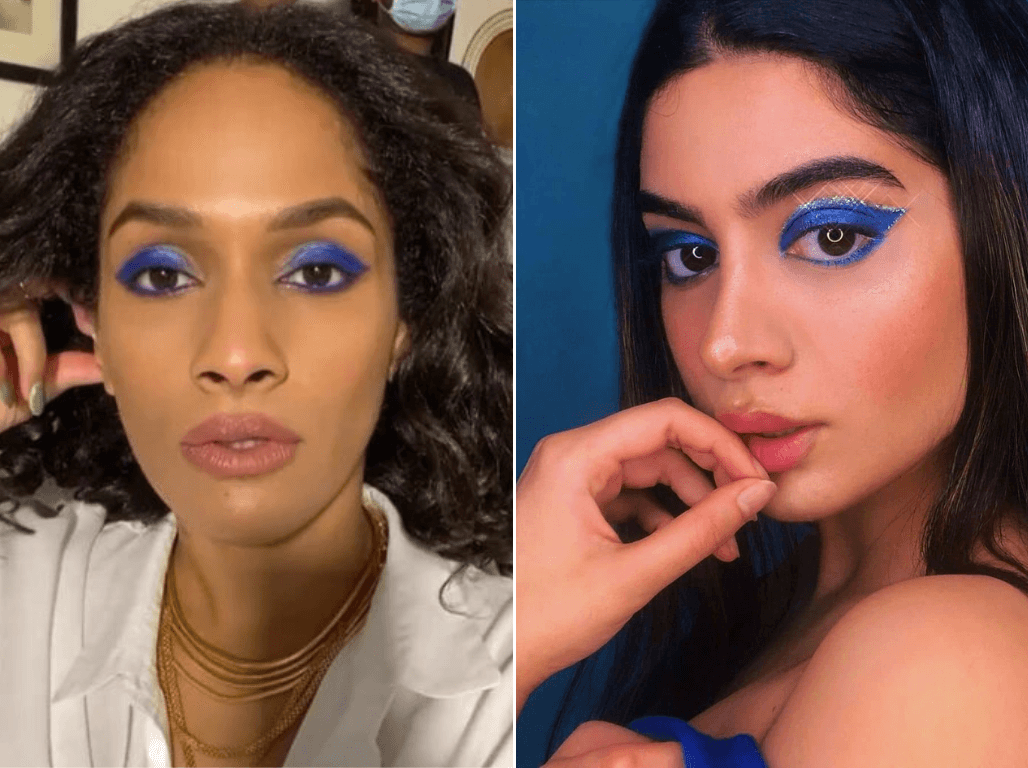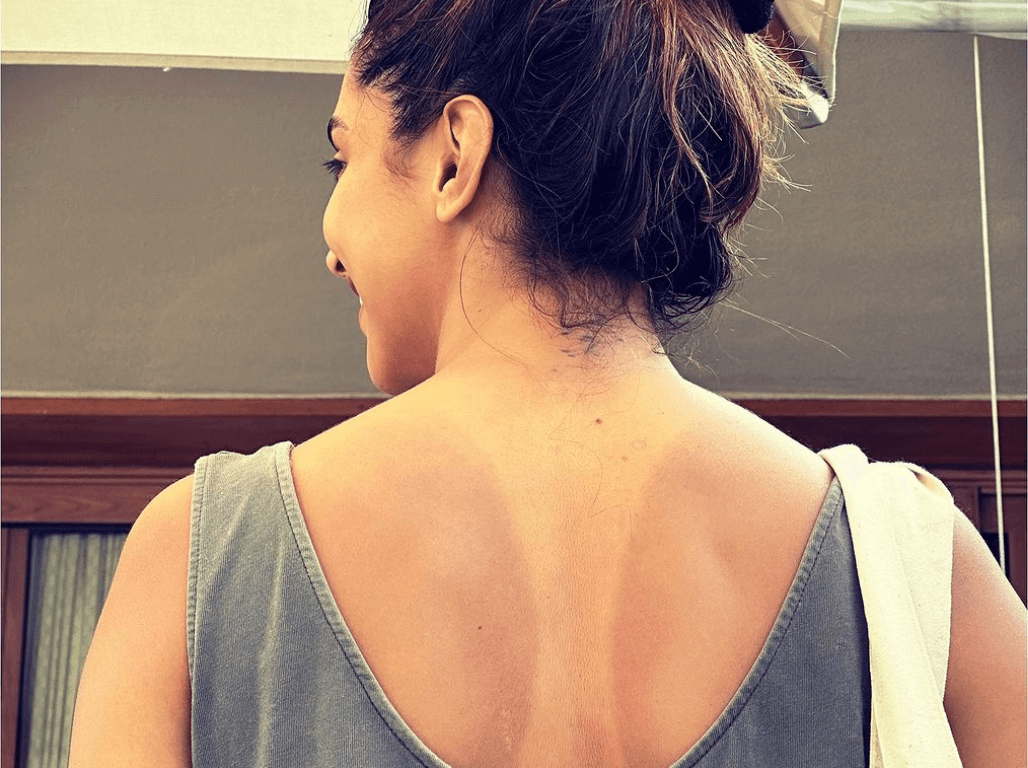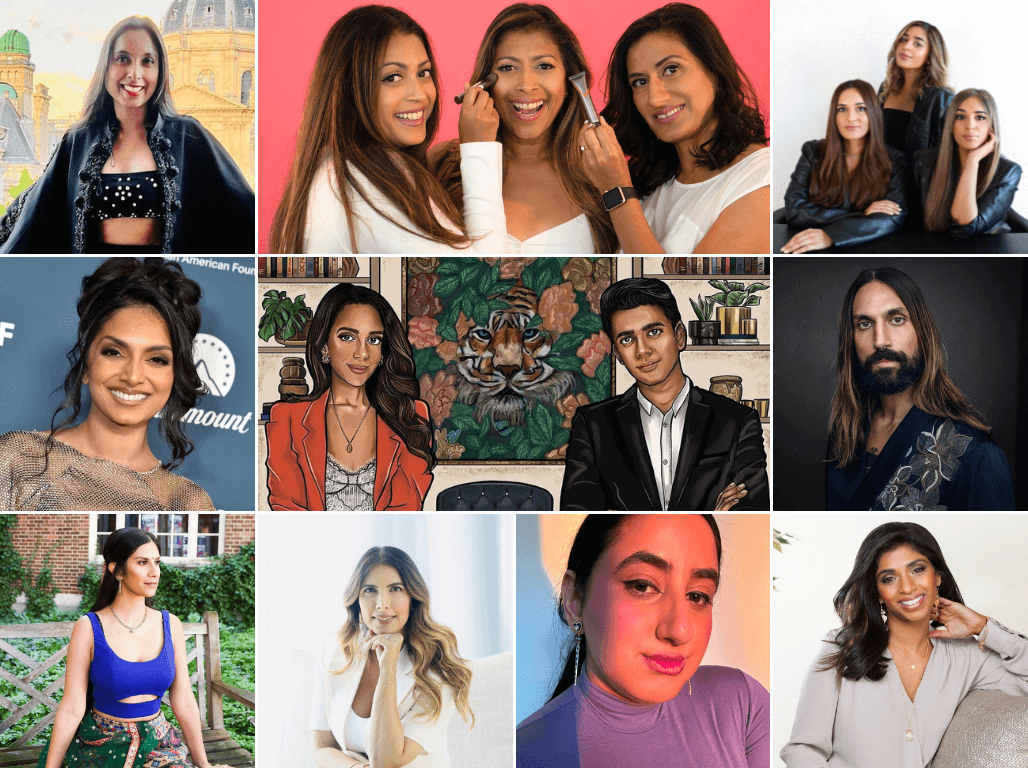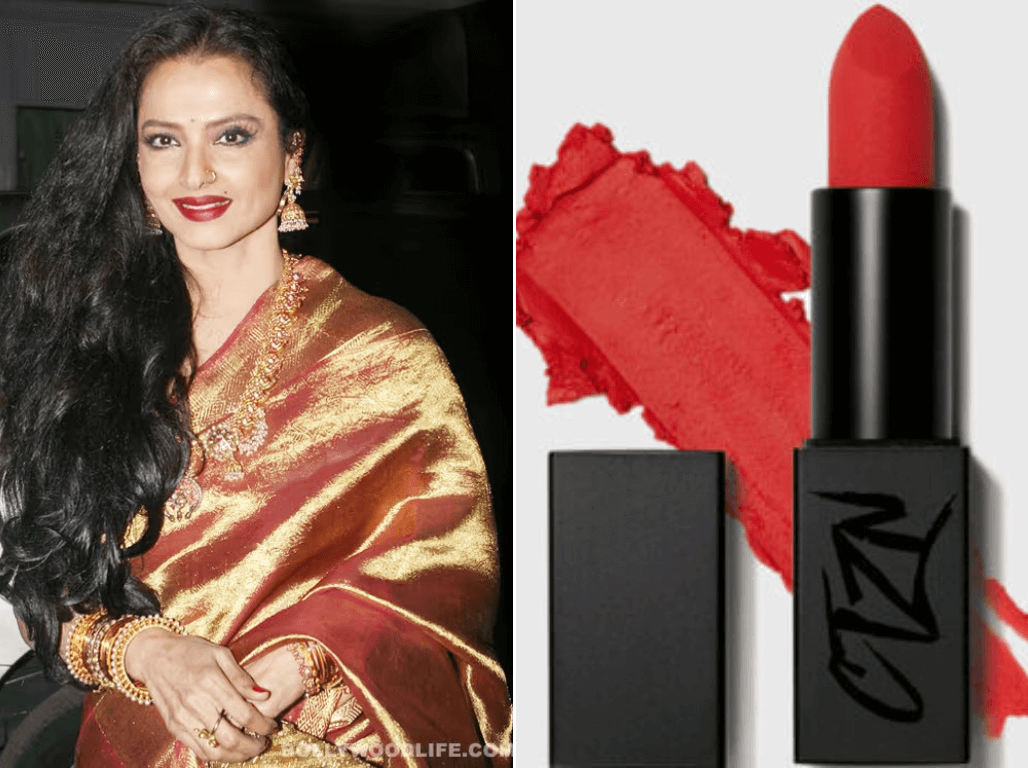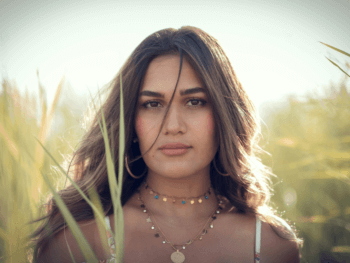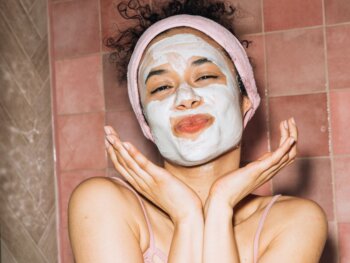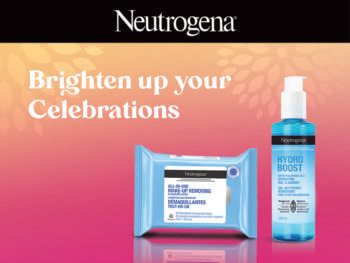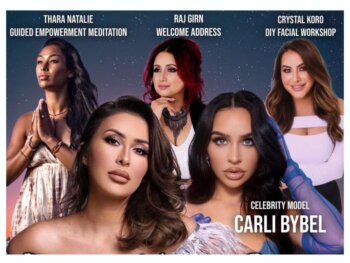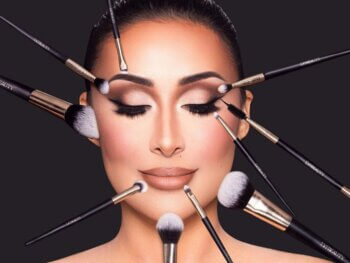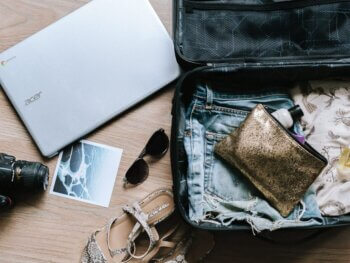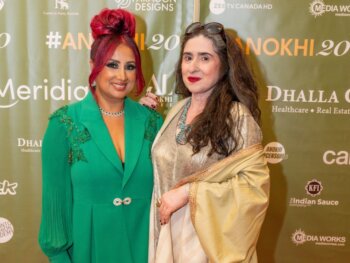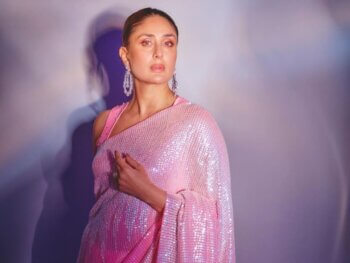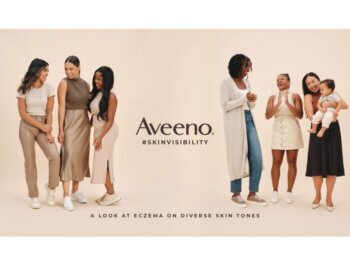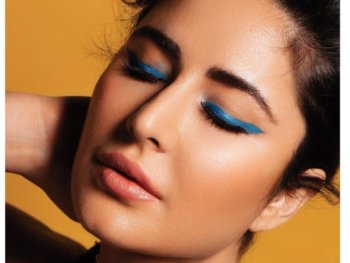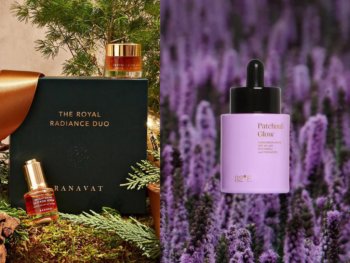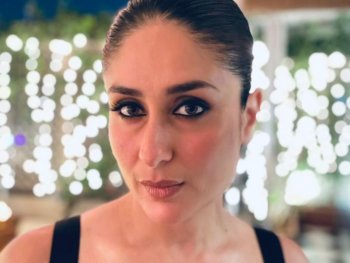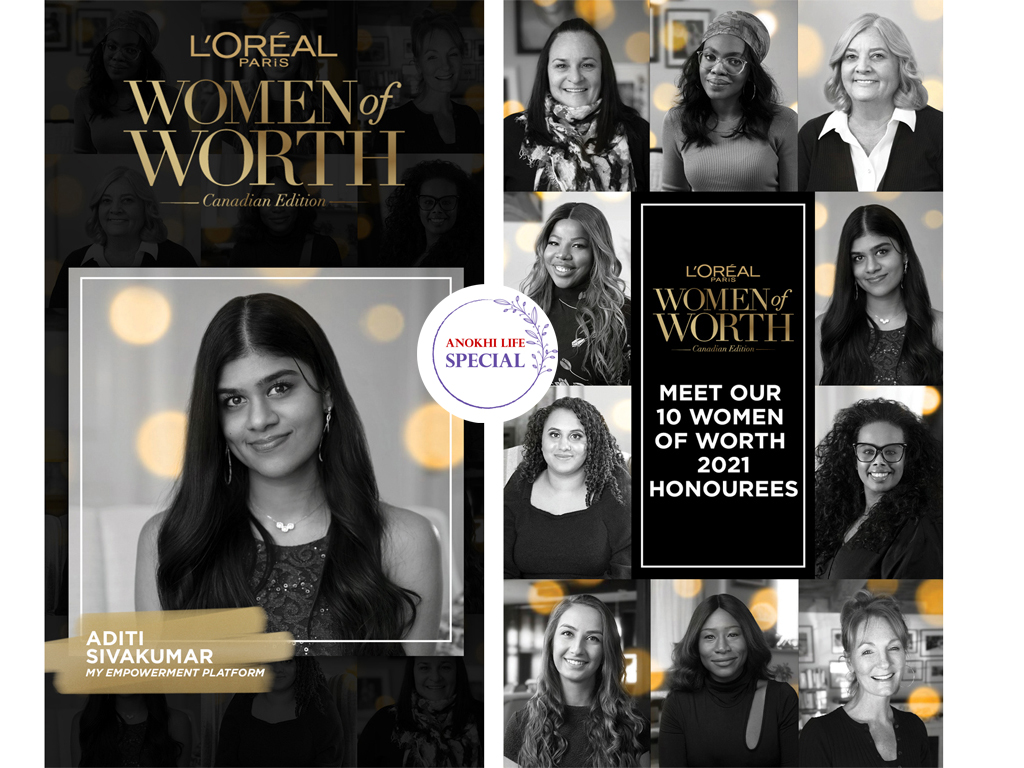
#IWD2021: L’Oréal Paris Women Of Worth Awards 2021: How Aditi Sivakumar Created A Digital Platform To Help Victims Of Gender-Based Violence During The Pandemic
Beauty Mar 09, 2021
We continue to celebrate International Women’s Day 2021 with our first of our 2-part coverage of L’Oréal Paris Women Of Worth Awards 2021. Today, we chat with one of the 2 South Asian honourees, Aditi Sivakumar.
The L’Oreal Paris Women Of Worth Award was handed out in honour of International Women’s Day. With 10 shortlisted finalists from all across the country, Women of Worth celebrates the incredible works that these women are doing for their communities. Hosted by the iconic Dame Helen Mirren, this year’s awards were held virtually, where each of the 10 women were presented with a $10,000 CAD cheque and through a public voting process, the winner of the evening would walk away with an additional $10,000 CAD.
The L’Oréal Paris Women of Worth 2021 Honourees Are:
Elise Konadu Ahenkorah, #shemeets in Calgary, AB is dedicated to helping the next generation of female BIPOC entrepreneurs and innovators through providing networks, training, mentorship, and resources for professional growth.
Simryn Atwal, Bridge the Gap Mental Health Association in Surrey, BC actively delivers mental health educational programs to marginalized groups in society, making resources and peer-to-peer facilitation more accessible.
Cindy Blakely, New Circles Community Services in Toronto, ON is a multi-tiered agency that provides essential support, including clothing, training, and settlement to newcomer and low-income Canadian families.
Boma Brown, Support Network for Indigenous Women & Women of Colour (SNIWWOC) in Victoria, B.C. and Toronto, ON addresses the barriers to access reproductive healthcare for black, Indigenous, and other racialized women, by empowering them through a holistic and integrated model, offering a range of services to women.
Rhonelle Bruder, Project iRISE in Toronto, ON is a survivor-led organization that offers innovative skills and leadership development programs for at-risk youth and survivors of human trafficking and gender-based violence.
Dr. Marie Josée Dubois, Les Enfants GIOIA in Estrie, QC provides children, adolescents, and young adults suffering from rare and incurable diseases, along with their families, the opportunity to experience joy through learning, play, wellness, and companionship.
Evelyn Fox, Communities for Zero Violence (CZV) in Toronto, ON is an advocacy and awareness non-profit agency that aims to take a holistic approach to connect communities in order to eradicate gun violence while supporting victims and survivors.
Meseret Haileyesus, Canadian Centre of Women’s Empowerment (CCFWE) in Ottawa, ON is a national organization that tackles financial and economic abuse among women and survivors of domestic violence through education, advocacy, and policy change.
Bita Malekian, Water Movement in Calgary, AB bridges the connection between Indigenous water treatment operators and experts nation-wide, by providing a collaborative, interactive, and accessible online platform where they can connect, share ideas, and access learning videos.
Aditi Sivakumar, My Empowerment Platform in Ottawa, ON is an all-encompassing website that provides tools and information about gender-based violence and resources for at-risk women and children facing violence during the pandemic. Some of Aditi’s initiatives with her organization include My Empowerment Packs, which are wellness kits and resource booklets for women facing violence and youth facing homelessness.
The Winner Of 2021 L’Oréal Paris Women Of Worth is: Cindy Blakely, New Circles Community Services in Toronto, ON is a multi-tiered agency that provides essential support, including clothing, training, and settlement to newcomer and low-income Canadian families.
My Chat With Aditi
I had chance to sit down with one of the two South Asian women honoured, Aditi Sivakumar who currently is a first year medical student at Dalhousie University was just 22 when she realized that she needed to create a support system and a digital platform My Empowerment Platform to help women who are coming out of an abusive relationship.
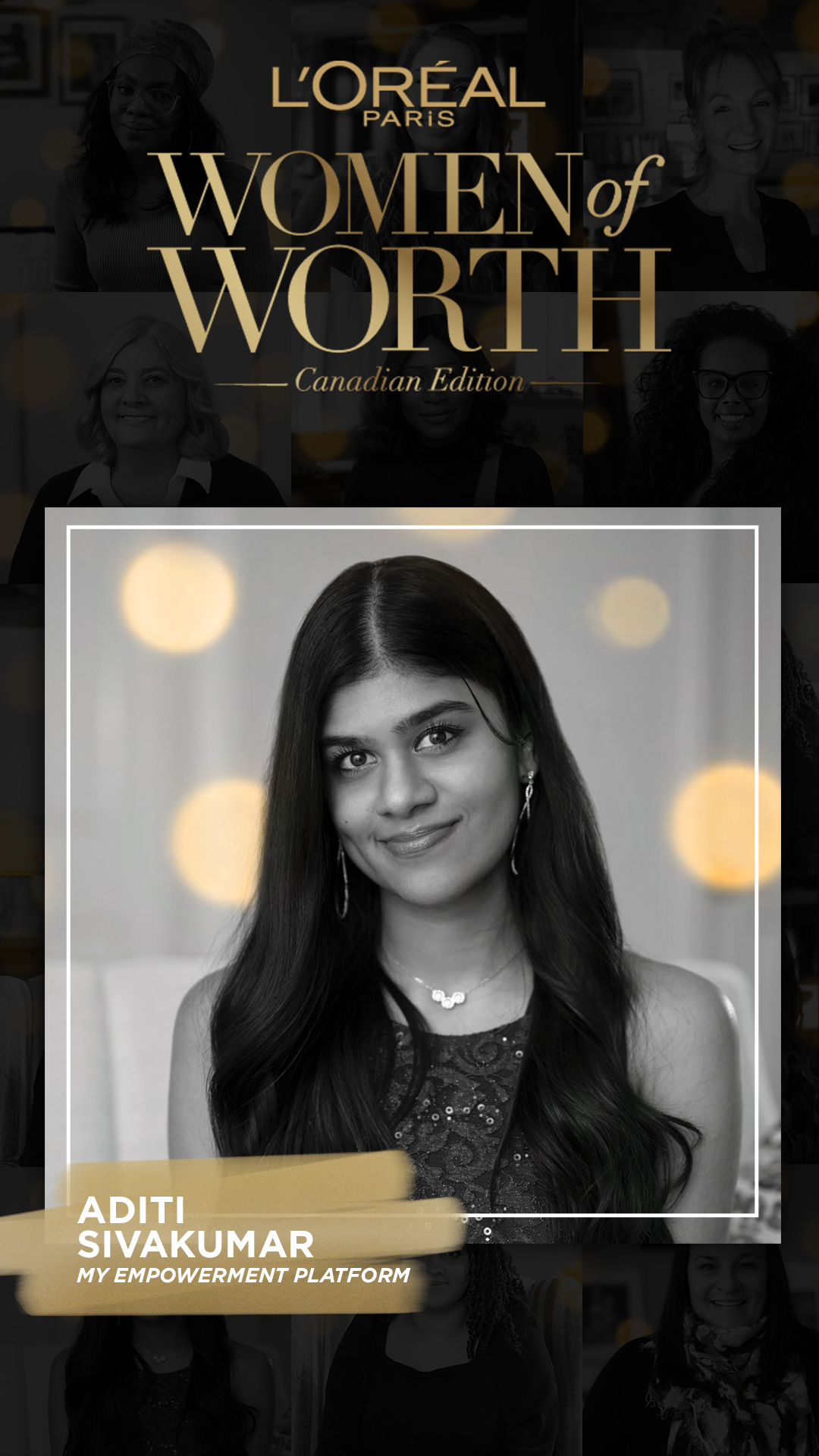
Hina P. Ansari: What was your reaction when you were notified that you were on the short list for the L’Oréal Paris Women of Worth Award?
Aditi Sivakumar: Honestly, I was just incredibly shocked and really humbled. I’ve heard about the award for years. I’ve definitely seen it on Facebook. I never would have thought I would have ever been selected because when you see like the people that do get selected, they are so inspirational and so empowering. So, I was just really honoured to be part of that group.
HPA: And what does this recognition mean for the My Empowerment Platform?
AS: I hope it raises awareness regarding the platform to really be able to help other women and children who are facing violence. I am now able to elevate my mission and goals and make it bigger and more inclusive and better.
HPA: With L’Oréal Paris Women of Worth Award being held on International Women’s Day, I have to ask you, what does International Women’s Day mean to you?
AS: I think that International Women’s Day to me is the day to celebrate anyone who identifies as women, or LGBTQ+, or non binary, to really be able to celebrate all the triumphs that have occurred from the past, celebrate the people who made it possible for women and other underserved groups to be present and be in the position that they are today, and continue cheering them on while they pursue their futures careers in whatever that might be in the future.
HPA: You have mentioned that you have seen gender-based violence firsthand. Would you be open to elaborating on that experience?
AS: Gender-based violence has affected quite a few people close to me, from family members to friends. I used to volunteer at a domestic violence shelter where I was able to really see the physical, mental, and emotional impacts of gender-based violence first hand and what it can do to a person and what it can do to children. I think knowing that it was happening to people close to me, and knowing it was happening in my community, that is what really sparked my interest towards social justice.
HPA: You volunteered at the domestic violence shelter for two years. Which sparked the idea for you to create this platform. Was there anything else that led you to start putting the building blocks together for this specific idea?
AS: While I was at the shelter, what I constantly was able to find out is that so many women who were there, the only reason that they knew about the shelter, the only reason they knew about the support is when things got so bad that they called the police. And it kind of sparked my interest to say, ‘Why can’t there be something before it gets to that extreme?’ Why can’t women, specifically those from underserved groups, learn about what resources are available to them before things escalated? And I think that’s what really sparked my interest. Not necessarily to build another shelter. But to be able to help women who are facing violence about what type of resources are available to them.
HPA: What was the reaction of your family and peers when you told them that you were going to do this?
AS: I was very lucky. I had like a lot of support behind me. There was a lot of different organizations who also really believed in my plan and provided support. So, I felt during that whole time that I was never doing this alone. It was a team effort. And I was really grateful, to be honest.
HPA: So were you doing this all by yourself or did you have a team to help you build this out?
AS: It kind of started slowly and it went gradually. It started out in the local community centre. I had the idea of building different programs within a domestic violence shelter. And then, they were able to recruit volunteers for those two projects. And then, from the Canada Service Corp., they provided me a grant in order to make the My Empowerment Packs, which are wellness kits that also included resource booklets. They were distributed to different domestic violence shelters and youth shelters. From there, different organizations were able to provide grant money as well. And they also provided support during the way to build these different initiatives. So, I would say there is multiple little teams just depending on which initiative it was.
HPA: So pre-COVID, it was more of an in-person outreach where you were delivering these My Empowerment Packs and talking to various women’s shelters letting them know that you’re available and that you have the recourses to assist them in any way you need to. Right?
AS: Absolutely. Yup, that’s perfectly said.
HPA: Was your online presence there before COVID? Or did you create it because of COVID?
AS: No. I created it because of COVID. We went fully online in May of 2020. I think it was with many people, a lot of activities had to go to halt. And for me, seeing the rise in gender-based violence, specifically during COVID, it really sparked my interest to see what we could do online. I feel like everyone nowadays has apps, internet, and their phones. I was thinking about doing something where it would be really accessible to those who are at home who might be in a dangerous situation. And that’s really where this app came in. The website is being converted into an app. It’s being done by She Decides, they are funding it. And it should be available on iTunes, as well as the Google store hopefully in the next month.
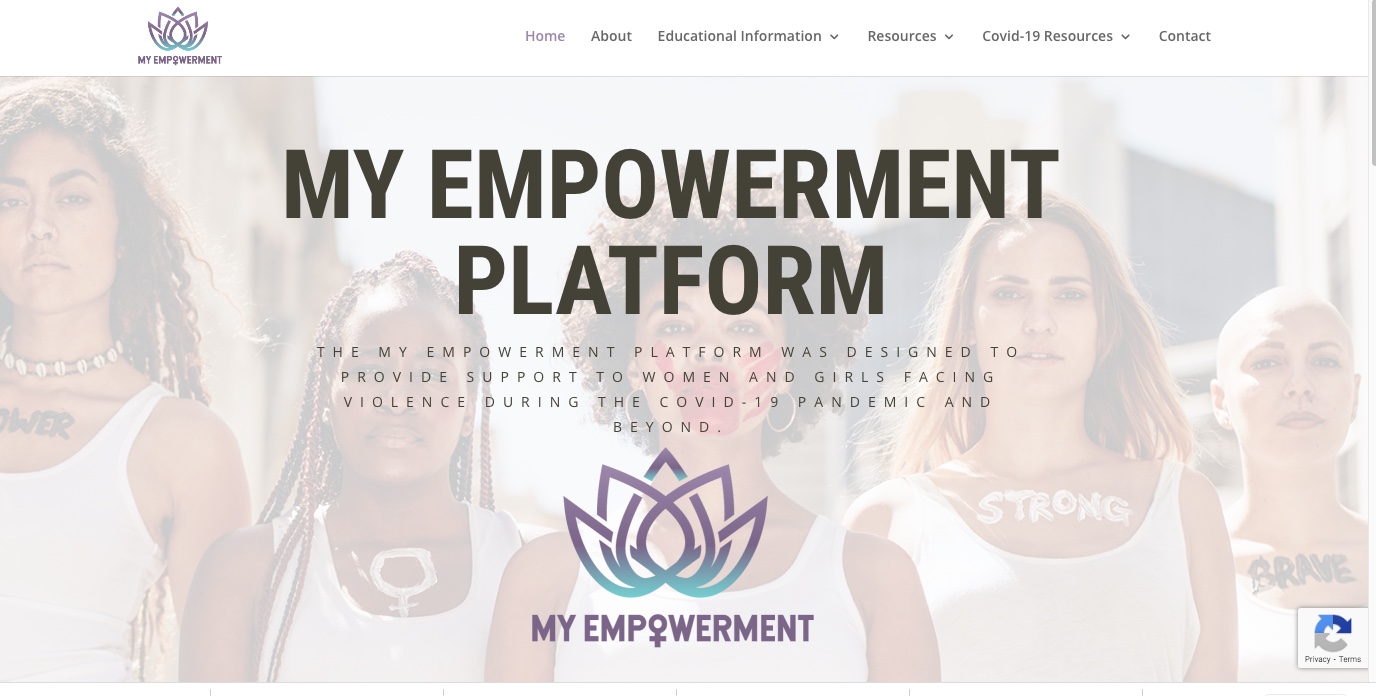
HPA: With lockdown you had to pivot to online. Tell me about that.
AS: That was my initial idea. Let’s put everything online and let’s try to build a website. And again, there was a lot of support behind us. There was a marketing company in Ottawa that heard about this project idea that I had, and they agreed to do the website for free, which is really generous. And then, there were different organizations that helped. I used to give them information and they helped me lay it all out. This included the Diana Award, She Decides, Woman Deliver as well. I then sent it out to different parliamentarians and senators and community organizations to look at, just to make sure that information would be appropriate for women facing violence. And then, we were able to put it online and circulate it to different domestic violence shelters across Canada.
Another initiative that I think was really cool, it was called Everyday Essential Express (a contactless delivery version of the Everyday Essentials). We launched this around end of May/early June of last year. And essentially, it’s like a contactless delivery service for domestic violence shelters. It initially started within Ottawa. But then it spread across Canada in late June of 2020. I would e-mail the shelters, the ones that I had connections with from the previous projects or sometimes shelters would reach out to me. It just depended. And depending on what they needed, I would then place the orders for them through Instacart. So, essentially, Instacart or Walmart or any contactless food delivery service could provide items to different domestic violence shelters based on what their needs were.
And I guess one like really cool project, that’ I’m really proud of that we are just doing now is with the Canada’s Walk of Fame. And essentially, it’s going to be one charity in each province or territory across Canada, each one caters to a different population of underserved women, whether they are sex workers or whether it’s those with HIV or those facing gender-based violence. They will be provided a $1,000 CAD check from the Canada’s Walk of Fame, as well as $500 CAD worth of items from the Canada Services Corp., providing anything they need and then we will deliver it contactless free.
HPA: Tell me about Survive and Soar.
Aditi: It’s a very similar concept. I used to have resource booklets, which are like the first book to my community, which had different services on pregnancy supports, mental health support, and supports for those suffering from substance abuse. And with COVID, you couldn’t really hand out the booklets anymore or provide them to the shelters. So, I created a website which would have all that information in there and that website is called Survive and Soar.
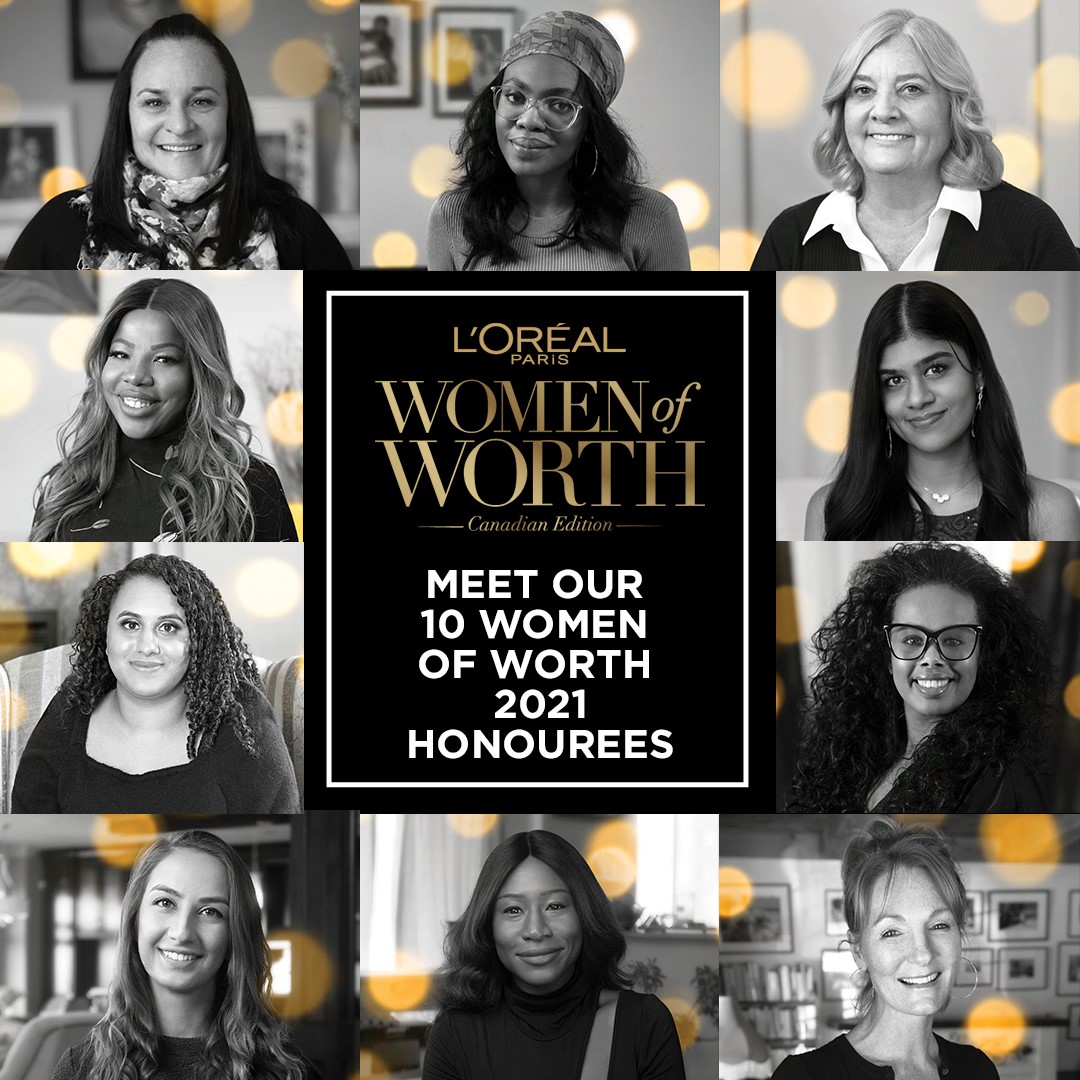
HPA: One of the biggest PSAs that started coming out was the problem of domestic violence that was increasing due to the pandemic because these women were locked in and they couldn’t go anywhere, even just to socialize. Since you were in that environment, were you surprised at the startling rise of these incidents during the lockdown?
AS: Not particularly, which is really sad. And I think the reason is that gender-based violence is something that I think a lot of us, we don’t necessarily think about. Even in Canada, it takes the life of one woman every six days. It affects one in three women across the world. Every month there are approximately 20,000 women and children who get turned away from a shelter. So, when you’re stuck at home and now you’ve lost those resources, your social support and your freedom, I could imagine that could led to gender-based violence. And when you throw in the financial struggles that came along with the pandemic, I could see tensions rising as well. So, I wasn’t necessarily surprised. It was still really sad. And it was devastating to hear about to see. But it wasn’t necessarily like a surprising statistic.
HPA: Now, let’s talk about our South Asian community. Gender-based violence unfortunately is a big part of our community. It’s very challenging to address mainly due to cultural reasons. Do you find such challenges with the South Asian community when you were trying reach out with your services?
Aditi: Absolutely. There’s just, like you said, different barriers. I think South-Asian communities face when it comes to gender-based violence. South-Asian culture is a very close-knit culture. Generally, people are very aware of what’s going on. And because of that, there’s a lot of fear about going to a shelter, causing gossip towards their own families. So, I think that’s a big barrier. I haven’t specifically targeted just South-Asians, but that is something that I would love to do because I am South-Asian. I am also very proud to be South-Asian. And that would be something that I would hope to do is to partner with a South-Asian organization and see what we could potentially do to help the women and children of this community in terms of gender-based violence.
HPA: What advice would you give a South Asian woman who is locked in due to COVID and is looking for assistance, taking into consideration the whole cultural situation and the mindset, the prejudices and all of that comes with it?
Aditi: My biggest advice I would give anyone, specifically someone from a South Asian culture is to always think about the safety of yourself, your kids, and your life first. It can be really scary to take that first step or to take that leap. But there’s always going to be a whole army of people out there to support you. You might not be able to see them, but everyone wants you to succeed to make sure you put yourself and your well-being ahead of anyone else’s.
HPA: Also it may be the case that the woman may not realize that she is in fact being abused. What should she look out for?
Aditi: Yeah, that’s a really good question. So, on the website, there is like a questionnaire that you can take, and it kind of gives you different questions like, ‘does your partner keep you from seeing your friends?’ Or ‘does your partner require you to ask who you can see or where you can go?’ Or ‘does your partner call you names that you find offensive?’ And you can kind of go through that list. And the website tells you this would be a green flag, yellow flag, or a red flag in terms of your relationship. Just so you would be able to know that this is something okay for someone to do or if this is inappropriate for someone to do.
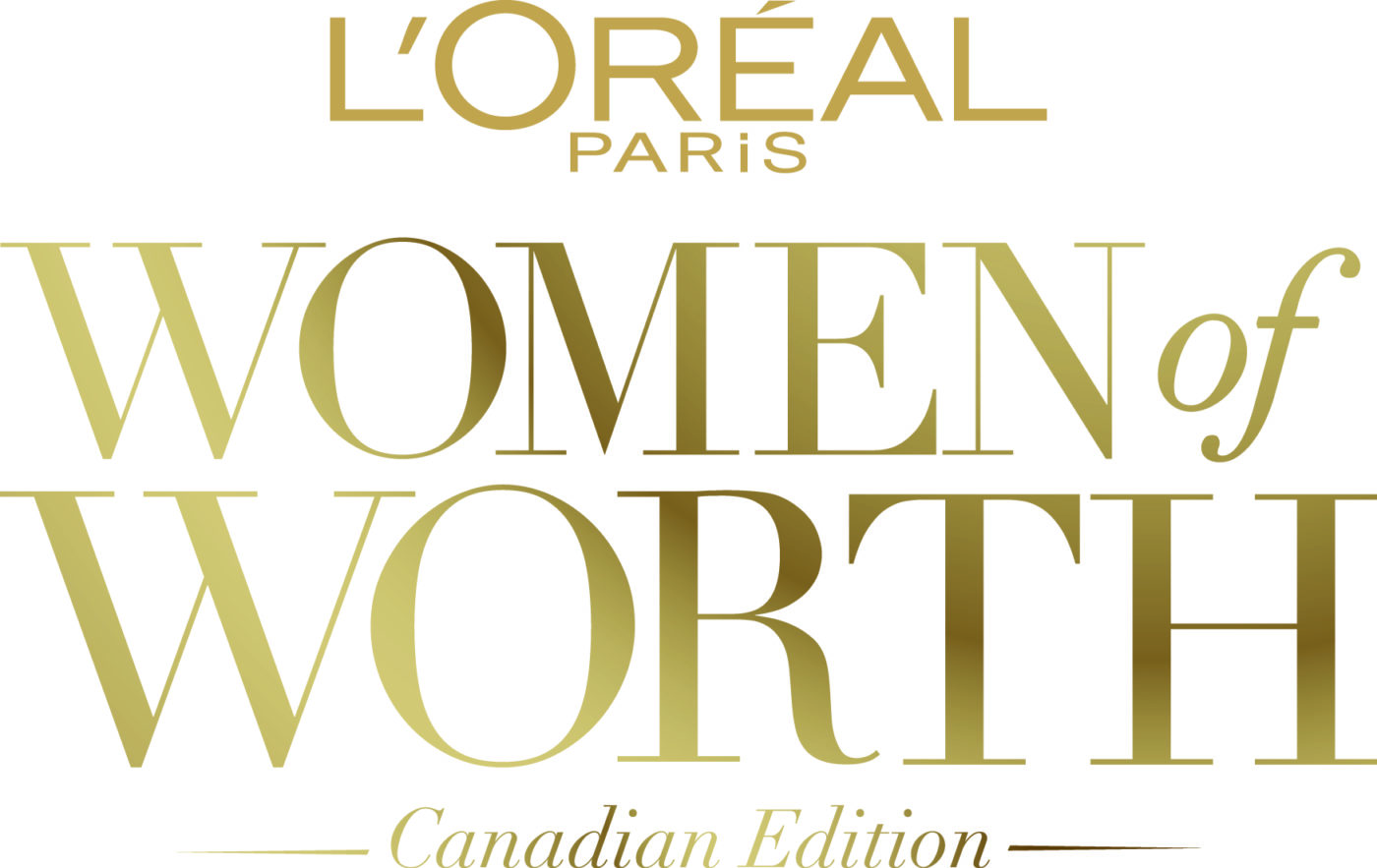
HPA: What’s next for My Empowerment Platform?
Aditi: I’d love to see what we could do in terms of expanding towards other underserved groups, not specifically on the gender based violence. But like women who are incarcerated or maybe women who are specifically underserved populations like LGBTQ+ or the South Asian community and see how we can target specific niches and be able to provide support for them. Because like you mentioned, different groups have different barriers. And maybe this app is not representative of all those groups. So, to make sure that it can be in the future be a bit more inclusive, a bit more targeted.
HPA: What’s next for you?
Aditi: I definitely do hope to continue working with underserved women, specifically those facing violence. But also bridging in terms of health, I like to have a health spin as well. Now we are working with refugee women and making sure that they understand the contraceptive needs that are available for them when they do settle in Canada. We are also making an animation for them just so they would be able to learn about what a cervical cancer screening test is, or what a PAP test is. So, still working with underserved women, but like also bridging health and gender equality together.
To get more information be sure to check out https://myempowermentplatform.com.
Main Image Photo Credit: L’Oréal Paris
Hina P. Ansari
Author
Hina P. Ansari is a graduate from The University of Western Ontario (London, Ontario). Since then she has carved a successful career in Canada's national fashion-publishing world as the Entertainment/Photo Editor at FLARE Magazine, Canada's national fashion magazine. She was the first South Asian in...




